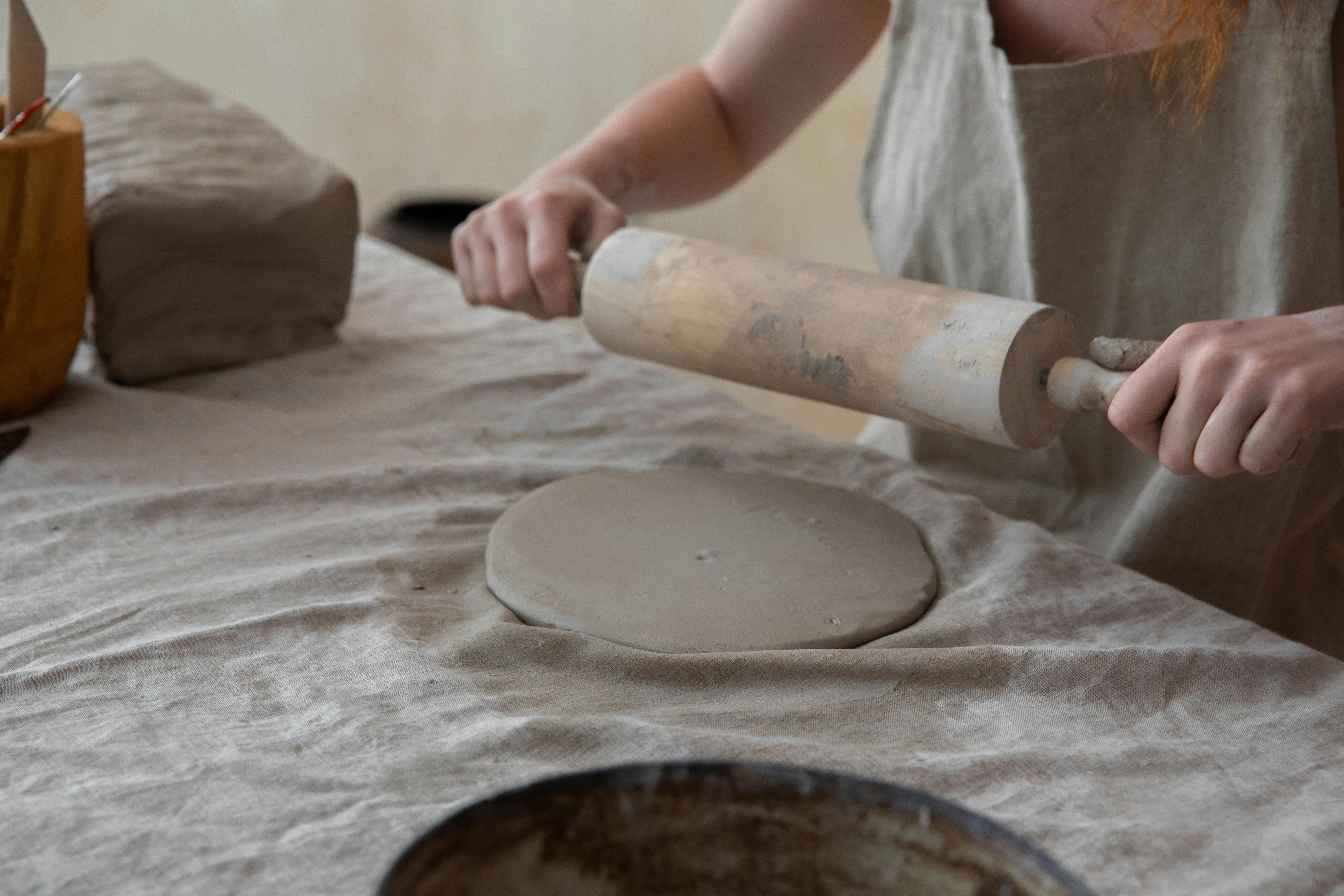How to Guide a Great MBA Interview
A successful interview is a requirement for admission to a top-tier program (top 30). Every admitted student is interviewed at some point during the admissions process, and it is critical that you perform well to increase your chances of being admitted. Being invited for an interview shows that the school is interested in you and that they are trying to determine if you have the personality and behavior to fit into the school’s culture. It’s also an opportunity for them to learn more about you and clarify any vague details on your resume.
Interview method: Face to face, Skype or telephone
Face to face: This is the preferred mode of interview. It allows you to establish an intimate connection with your interviewer and be guided by their non-verbal cues. By taking the effort and resources to travel to the school, you indicate your interest in the program and that is an invaluable contribution in itself. Unless you have a good reason not to be there in person for an interview, make it happen!
Skype: An increasingly popular form of interview as it combines the convenience of a telephone interview with the visual aspect of a physical interview. It allows non-verbal signals to be transmitted, although not as effectively. It’s surprisingly similar to a real-life interview, especially with a high-definition webcam and a fast connection.
Telephone: The least favored form of interview as it relies solely on verbal communication. It makes it hard to know what your interviewer’s reaction to your answers is and makes the interview more nervous and less intimate. It may be the only option available to some.
What should I wear to my MBA interview?
That’s probably the first question that comes to mind after the excitement of receiving an interview invitation has worn off.
Men must wear a dark suit, light shirt and conventional tie. Avoid brightly colored shirts and whimsical or skinny ties. Look professional, well groomed and do not try to attract attention with your clothes. A well-fitting, conservative suit will impress your interviewer more than a pink shirt and skinny tie, even if the latter shows that you’re comfortable with your masculinity.
Women have more freedom of action with their clothes. The best option would be to wear a conservative suit. Avoid short skirts, excess perfume, excess makeup, or large jewelry.
Who am I interviewing?
Learn about your interviewer’s background, interests, and position. This will help you break the ice and set the stage for a friendly and intimate interview.
For example, a student who interviewed at Carnegie Mellon (Tepper) discovered that his interviewer was a huge Pittsburg Steelers fan and, coincidentally, had just made it to the Superbowl the day he arrived. He was a great conversation starter and allowed her to create an instant rapport with the admissions officer.
Tour the campus, attend the information session and sit in on a class.
Ideally, you should schedule your interview in the evening so that you have time to attend all the activities before the interview. Doing so will give you information, examples, and interactions that would be invaluable in showing your interest in and knowledge of the school.
Admissions committees know that you are applying to multiple schools and want to identify your true passion for their school. An important part of the ranking process is the performance of admitted students, or the proportion of admitted students who ultimately enroll.
Therefore, they are constantly looking for signs that he will attend if given the chance. Just like being on a date, make sure you make them feel like they’re the top school in the world.
Learn about the school.
Learn as much as possible about the school’s strengths, majors, and details through its website, forums, and by contacting current students and alumni. Learn about the research areas, the companies that hire the school’s staff, and their reputation. Be prepared with a passionate and informed response as to why you selected your school. Don’t use generic, superficial answers like the school’s great location, world-class teachers, and crème de la crème students. Have specific answers that speak to your knowledge and real desire to be a part of your program.
Review your essays, resume, and application.
Most interviews today are “blind.” This means that the only thing the interviewer knows about you is what is stated on your resume. They avoid reading your essays and reviewing your application in an effort to remain objective and unbiased.
That said, you need to reacquaint yourself with your essays to relearn the points and examples that resulted in them liking you enough to ask you out. Being well-versed in vital details like your qualifications, experiences, and career progress will allow you to speak fluently and knowledgeably about your qualifications and successes.
Research the interview style and frequently asked questions.
Online forums where your fellow prospective students post experiences and questions are an invaluable resource. Study the school’s particular interview style, standard length, and even the personality of your interviewer. Learn from the mistakes of those who came before you so you don’t have to make them yourself.
Today, most schools employ a conversational interview method where they try to put you at ease and turn it into a two-way conversation. They’re trying to get a sense of how you’ll fit into the culture of the school, not quizzing you to see what it takes to break you. Conveniently, all interviewers ask almost the same questions, with minor variations. Among them are:
- What are your long and short term goals?
- Pass me through your resume
- Why an MBA? Because right now? Why our program?
- How will you contribute to our community?
- What do you think is your greatest strength and weakness?
- Tell me about your leadership experiences.
As long as you’re ready for these and other follow-up questions for your answers, you’re good to go!
How to answer MBA interview questions?
Be succinct, informative and passionate.
A general rule of thumb is to have a 1 paragraph response to a question. Ideally, it should be a sentence or two stating where you stand on the question, followed by an example that illustrates your experience or motivation behind it. Avoid short “yes/no” answers.
Be modest and well grounded.
It’s a fine line between sounding confident and cocky. It’s important to demonstrate your accomplishments and potential, but also an appropriate level of modesty. Remember to credit your colleagues and teammates for professional successes. Recognize the support of your family, mentors and teachers in the achievements you have had.
Don’t share too much.
An admissions director once said that the most common mistake interviewees make is delving too deeply into their weaknesses and doubts. Unless explicitly asked, don’t dwell on flaws and defects. Accentuate the positive and be confident in your ability to be an exemplary business school student. If even you are not sure of your ability, how can you be convinced of it?
Pay attention to the question!
In the fog of war of a nervous interview, you can easily misunderstand a question and launch into a lengthy response to a question that was never asked. Take the time to understand the question and formulate a decisive answer. It is perfectly acceptable to pause moderately long to think before responding.
Ask pointed questions at your MBA interview.
You will be asked if you have any questions at the end of the interview. Here are some tips for asking insightful questions.
Cardinal rule: always have questions!
If you don’t, you’re at least wasting 15 potential minutes to prove your suitability for your show. At worst, it will make you seem disinterested and unprepared.
Ask sincere questions.
Don’t ask questions for the sake of asking them. Be prepared with questions that really interest you. Research the topic thoroughly to make sure you can engage in a thoughtful discussion after the response.
Has the question been answered?
Remember not to ask any questions that have been inadvertently answered during the course of the interview.
To sum up
To be prepared.
Review your essays, learn as much as you can about the program, and prepare good answers to frequently asked questions.
Be safe and professional.
Show that you are serving from a place in one of the best programs in the country.
Be succinct.
Don’t waste the 30 minutes you have by talking too much and going off on tangents.



Recent Comments